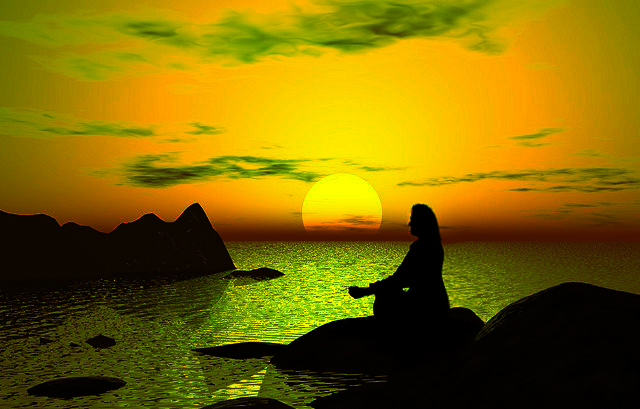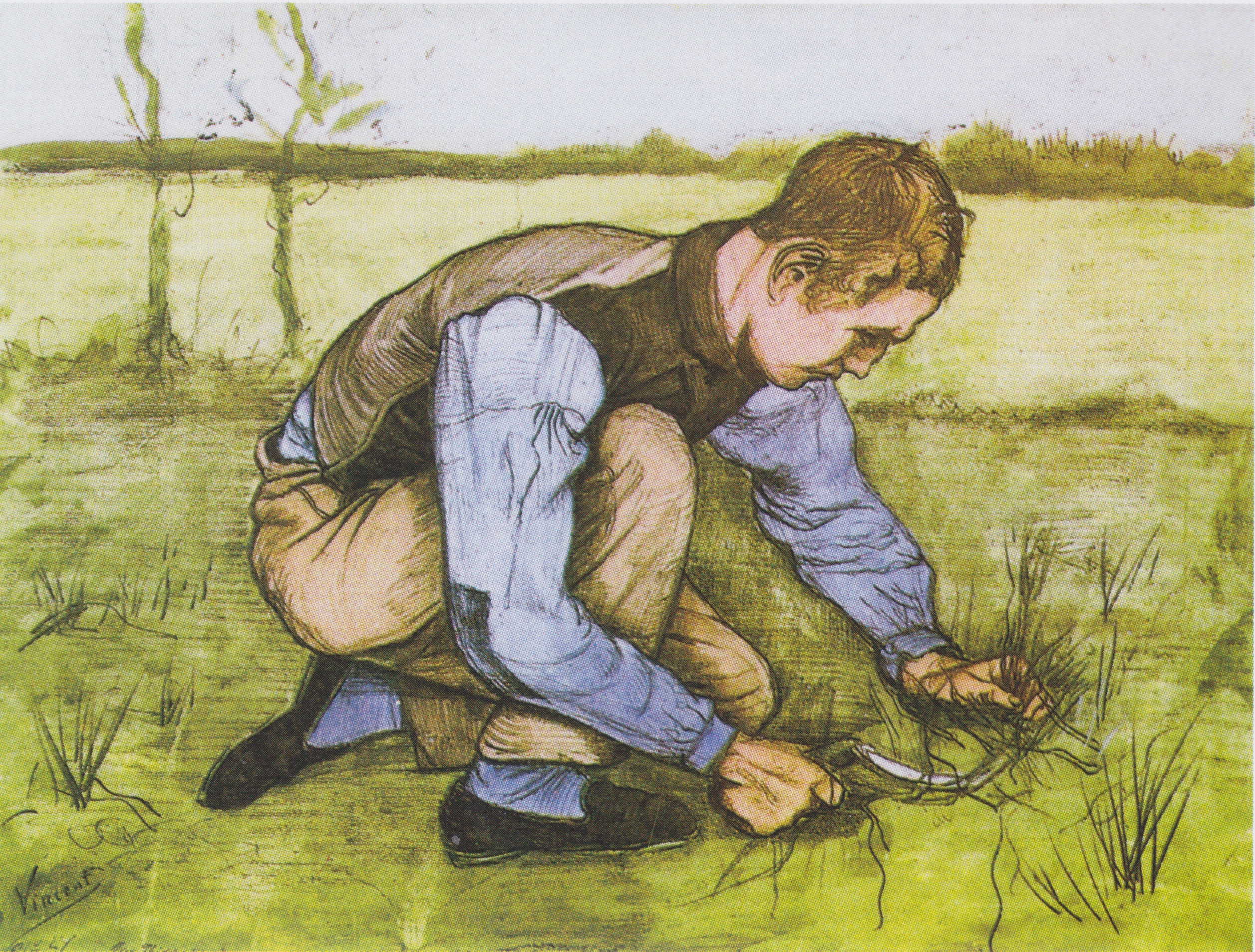On the deepest level, you never let go of your children. Perhaps you thought that when they leave the home, get established, you would detach to some degree. Hopefully that is true in day to day matters. Yet whenever they report a success your spirit soars and whenever they share a setback you suffer it as if it had happened to you. Well, it sort of has.
Juvenile children belong to you. You take full responsibility for them and many parents struggle with the transition out of that responsibility. Adult children are you – yourself carried forward past your lifetime, like another generation tacked onto your lifespan, the next leg in a relay of immortality. There is an existential bond between parent and child. The parent is the child’s origin story and the child is the parent’s future. You literally love them as you love yourself.
It’s common for parents, particularly full-time parents, to live their lives for their children. You schedule all of their activities, take them everywhere, watch and wait, take them home, monitor their homework, get to know their friends, support and encourage them. With adult children parents can live their lives through them. The main topic of discussion for most parents and their friends is, “How are your children?” This central interest does not end when the kids grow up; it may actually increase as their lives diverge from the childhood family. The achievements of the children feel like the parent’s achievements, another source of ego pride, or sometimes shame.
The existential bond to a child explains why it is prioritized before all other relationships, including marriage. In a two-parent marriage at least both partners are experiencing a version of the same phenomenon. In a step-parent family, this is usually not the case and can be a major source of strain in the marriage. Marriage is a social bond; parenthood is on a deeper level.
The strong sense of identification with the child also explains why parents are naturally codependent. They appear to be managing the emotional life of another person. They slip easily into enabling behaviors and feel over-responsible for their adult child’s welfare. It’s a pattern made much more understandable within the frame of identification. You are, in a way, saving yourself.
And finally it needs to be mentioned that the death of child is thought by many to be the worst kind of loss. The one thing you cannot have your children do is predecease you. It’s worse than your own death; it’s the death of your younger self.
There’s no cure for this predicament of vicariousness. It’s not an illness or a disorder, but a natural consequence of a profound reality – the co-creation of another human being. It can, I think, be shifted into a more tolerable context through spirituality. In this larger realm, the existential calculus is largely different. You might conceive of yourself less as a parent and more as a brother or sister to your adult child. The responsibility of existence can be assigned to a Higher Power within whom we all have our original blessing, present unity and future meaning. ‘Your life is not about you; you are about Life.’ That’s true for the kids, also.







